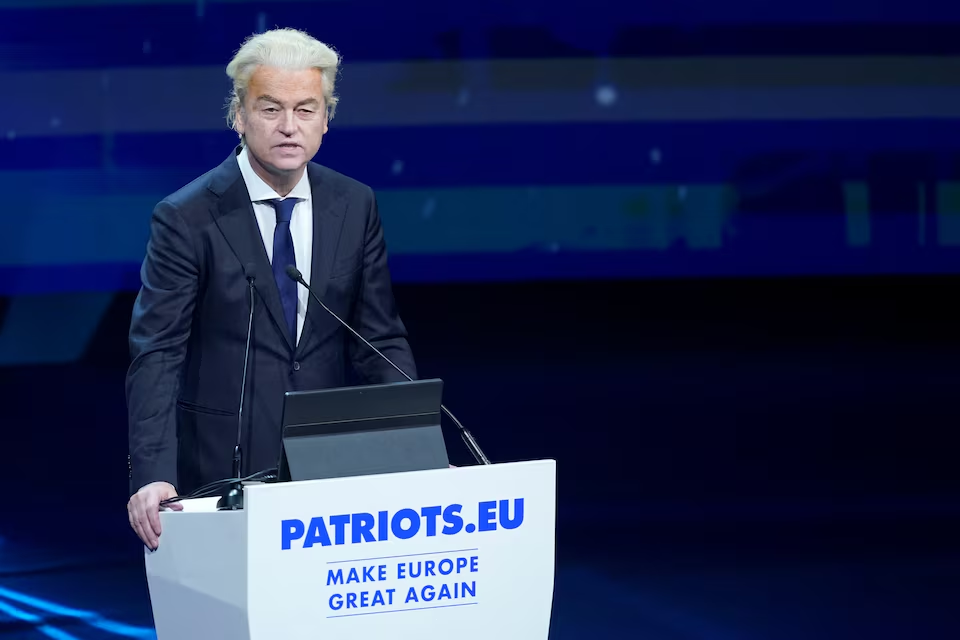The Netherlands faces a significant political upheaval following the withdrawal of the far-right Party for Freedom (PVV) from the ruling coalition, citing irreconcilable differences over asylum policy. This move threatens the stability of Prime Minister Dick Schoof’s government, formed less than a year ago.
PVV’s Departure Stems from Asylum Policy Clash
Geert Wilders, leader of the PVV, announced the party’s exit from the coalition after failing to secure agreement on stringent asylum measures. Wilders had advocated for policies including halting asylum migration, deporting Syrian refugees, and closing asylum shelters. The coalition partners—People’s Party for Freedom and Democracy (VVD), New Social Contract (NSC), and Farmer-Citizen Movement (BBB)—expressed reservations about these proposals, leading to an impasse.
In a statement, Wilders expressed disappointment over the lack of support for his party’s agenda, stating that the coalition’s refusal to endorse the proposed asylum policies left the PVV with no choice but to withdraw.
Implications for the Schoof Cabinet
The PVV’s exit leaves the Schoof cabinet without a majority in the 150-seat House of Representatives, casting doubt on its ability to govern effectively. Prime Minister Dick Schoof, an independent politician appointed to lead the coalition, now faces the challenge of navigating a fragmented parliament.
The coalition, formed in July 2024, was considered the most right-wing government in Dutch history. Its collapse may necessitate new elections, further prolonging political uncertainty in the Netherlands.
Broader Political Context
The PVV’s withdrawal reflects broader tensions within Dutch politics, particularly regarding immigration and asylum policies. The party’s hardline stance has been a point of contention within the coalition, highlighting the challenges of governing with diverse political partners.
Opposition parties have called for immediate elections, arguing that the current government no longer reflects the will of the electorate. The political instability comes at a critical time, with the Netherlands set to host a major NATO summit and facing economic pressures as the eurozone’s fifth-largest economy.
As the Dutch government grapples with this crisis, the path forward remains uncertain. Prime Minister Schoof must decide whether to attempt to form a new coalition or call for early elections. The outcome will have significant implications for the Netherlands’ domestic policies and its role on the international stage.

